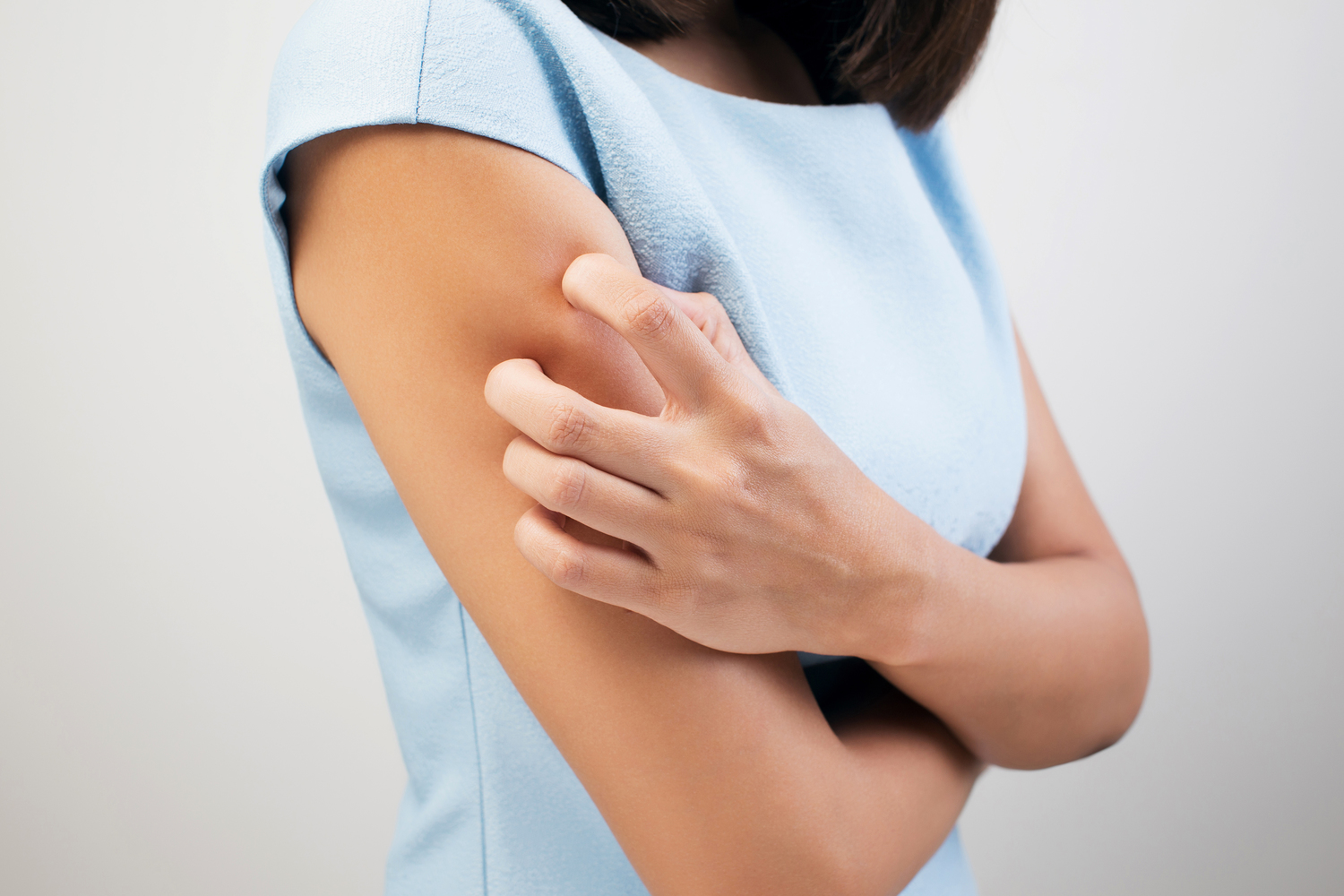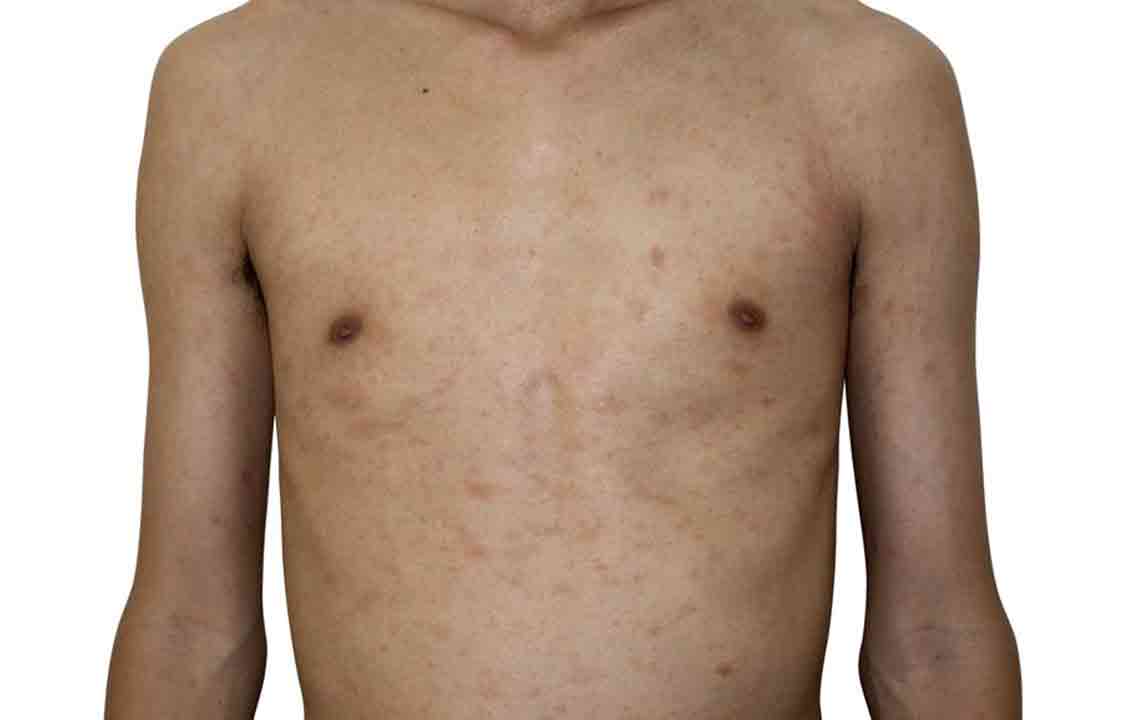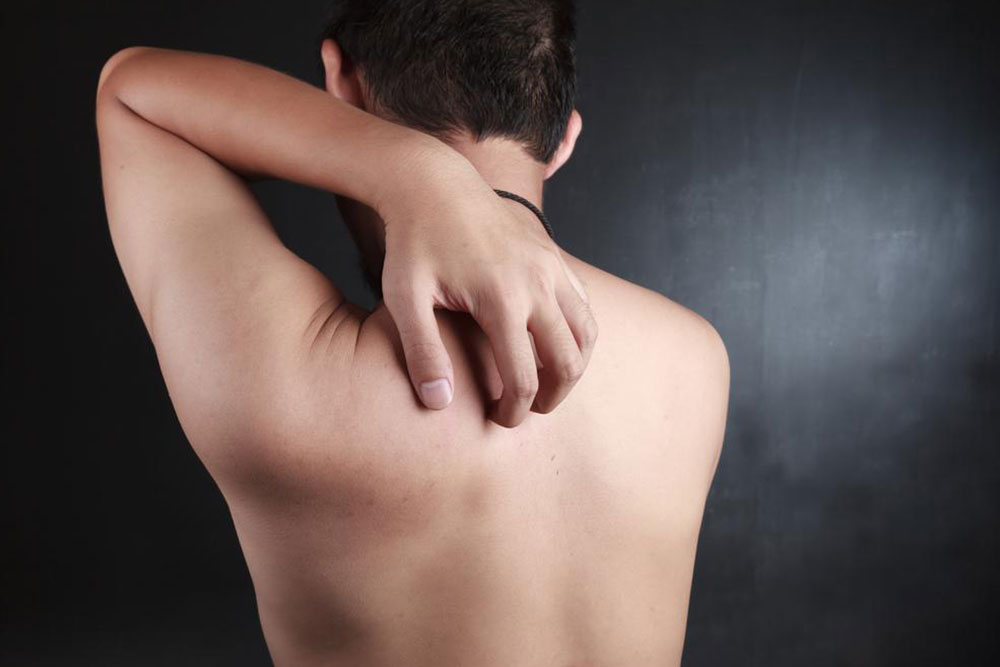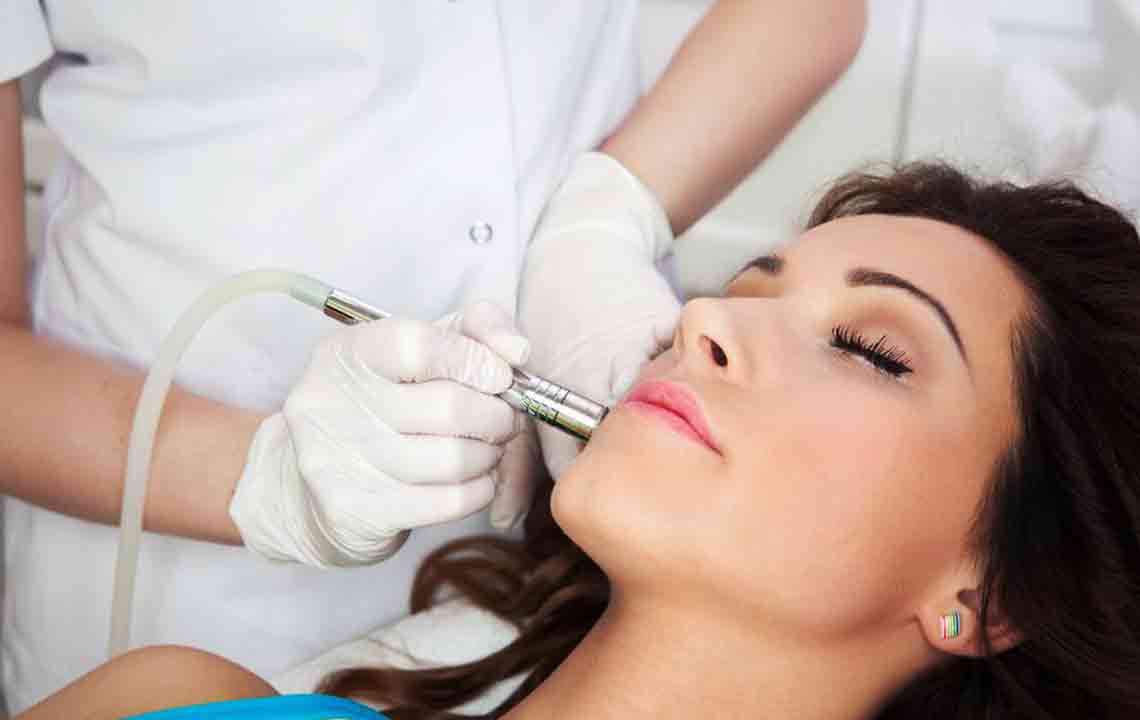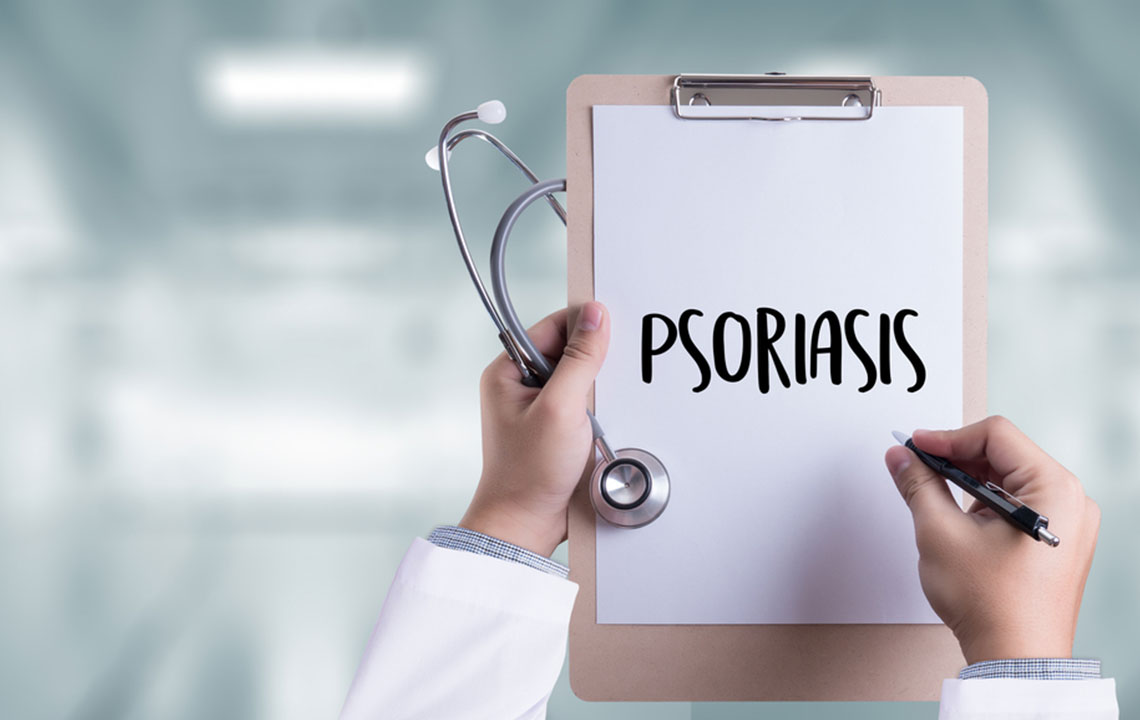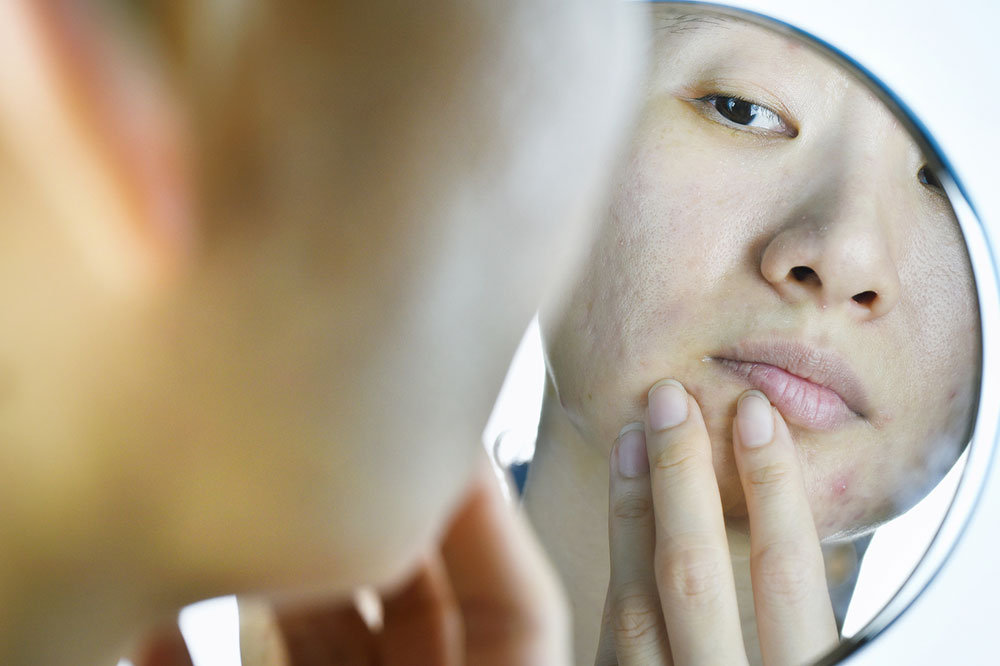Comprehensive Guide to Skin Rashes and Effective Treatment Options
This comprehensive guide explores skin rashes, their types, causes, and treatment options. It emphasizes the importance of consulting a dermatologist for proper diagnosis and management. The article provides useful tips for soothing skin irritations and highlights the differences between infectious and non-infectious rashes, ensuring readers have actionable insights to maintain healthy skin.
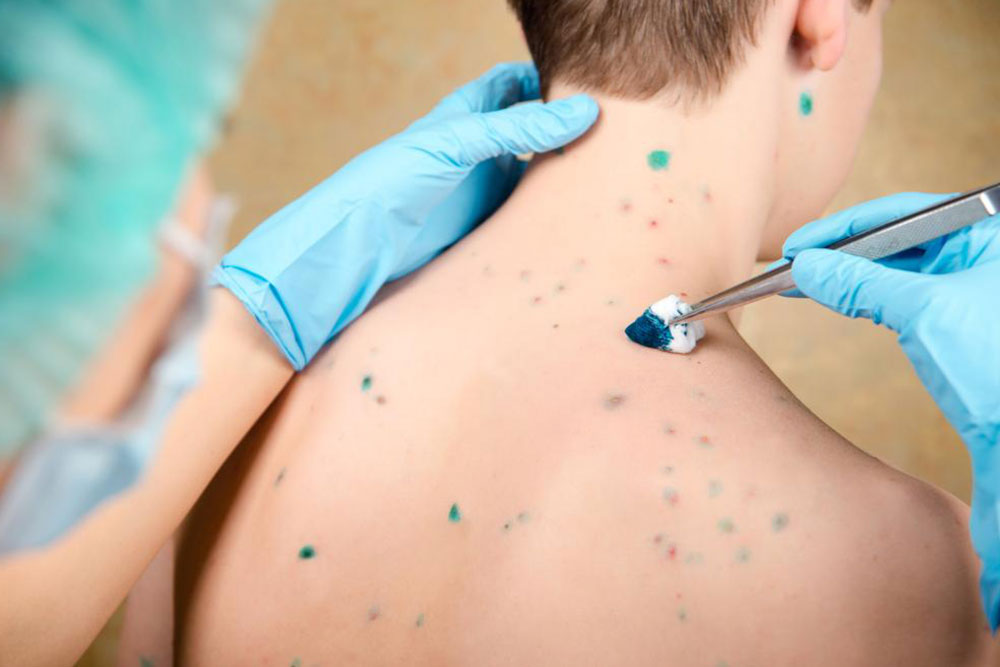
Comprehensive Guide to Skin Rashes and Effective Treatment Options
What are skin rashes?
Skin rashes appear as visible patches or outbreaks on the skin surface. They affect people across all age groups, from infants to seniors. Medical experts have identified various types of rashes, each requiring specific diagnosis and treatment. Causes range from allergies to certain foods or skincare products. If irritation is accompanied by swelling and itching, consulting a dermatologist promptly is essential to determine the cause and receive appropriate care.
Role of a dermatologist
A dermatologist is a medical specialist focusing on skin conditions. They are key for diagnosing and managing complex or persistent rashes that are difficult to identify or treat.
Skin rashes are mainly categorized into infectious and non-infectious types.
Infectious skin rashes
These are caused by infections such as viruses, fungi, bacteria, or parasites. Common examples include shingles, ringworm, herpes, impetigo, and scabies. Effective treatment involves addressing the primary infection through targeted medications.
Non-infectious skin rashes
Conditions like psoriasis, eczema, hives, allergic dermatitis, and dry skin fall into this category. Treatments typically involve prescribed medications, topical creams, and lifestyle adjustments. Though some non-infectious rashes are not contagious, they can still cause discomfort and irritation.
Rash management tips
Regular skin cleansing, cool water baths, and using gentle, dermatologist-approved soaps can alleviate symptoms. Wearing cotton clothing helps prevent further irritation. Avoid scratching to prevent spreading or worsening the rash. Dermatologists may suggest antifungal diets or recommend avoiding certain allergens like nuts, eggs, or specific fruits, based on individual allergy profiles. Proper diagnosis and treatment are crucial for effective management.

